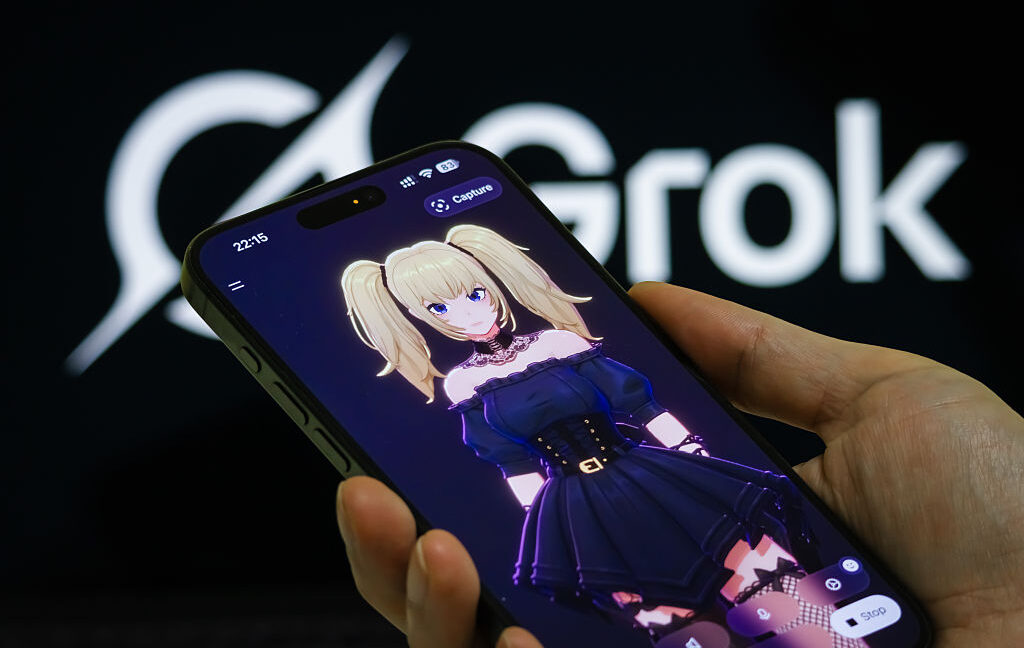For the more than 200 employees who did not opt out, xAI asked that they record 15- to 30-minute conversations, where one employee posed as the potential Grok user and the other posed as the “host.” xAI was specifically looking for “imperfect data,” BI noted, expecting that only training on crystal-clear videos would limit Grok’s ability to interpret a wider range of facial expressions.
xAI’s goal was to help Grok “recognize and analyze facial movements and expressions, such as how people talk, react to others’ conversations, and express themselves in various conditions,” an internal document said. Allegedly among the only guarantees to employees—who likely recognized how sensitive facial data is—was a promise “not to create a digital version of you.”
To get the most out of data submitted by “Skippy” participants, dubbed tutors, xAI recommended that they never provide one-word answers, always ask follow-up questions, and maintain eye contact throughout the conversations.
The company also apparently provided scripts to evoke facial expressions they wanted Grok to understand, suggesting conversation topics like “How do you secretly manipulate people to get your way?” or “Would you ever date someone with a kid or kids?”
For xAI employees who provided facial training data, privacy concerns may still exist, considering X—the social platform formerly known as Twitter that recently was folded into xAI—has recently been targeted by what Elon Musk called a “massive” cyberattack. Because of privacy risks ranging from identity theft to government surveillance, several states have passed strict biometric privacy laws to prevent companies from collecting such data without explicit consent.
xAI did not respond to Ars’ request for comment.

